Cancel culture is about to get interesting and happening right here on Australian campuses. Get your popcorn and tune in!
But be warned: the first episode – the cancelling of Alfred Deakin through the push to rename Deakin University – is dreadfully dull and predictable. It is episode two and three where it gets juicy, where the cancellers cannot escape the undeniable analogies between the deemed offences of Deakin and those of left-wing heroes, John Curtin and (gasp) Gough Whitlam. The cancellers just haven’t realised this yet, which makes it particularly engaging.
Before getting too far ahead of ourselves, let’s recap on developments from earlier in the month which set the scene.
As reported in the Age newspaper, academics and students at Deakin University have decided that the university’s name needs to change, because Alfred Deakin, a founding father and our second prime minister, was apparently – you guessed it – a racist.
The university leadership is resisting the change for the moment, but have established a truth-telling process to document Deakin’s record, which will inevitably add further pressure for a name change.
On what basis do they argue that Deakin was a racist? As it turns out, on the basis of some quite racist policies and statements, as viewed from today’s perspective. In particular, he supported the introduction of the White Australia policy when he was Australia’s first attorney general and continued this support in his times as prime minster.
According to the activists, one of his greatest sins was predicting that Australia would remain a white country in decades to come.
Deakin’s views on race would not be acceptable in Australia today, and I don’t know of a single parliamentarian who would hold such views. Today, we are the most successful multi-racial country and this is a great source of pride to the vast majority of us.
But at the time, Deakin’s views were mainstream. In fact, every political party, including the Labor party, supported the White Australia Policy and nearly the entire population tended to view people through a racial lens. As the federal Parliamentary Library notes, there was ‘almost universal support’ for restricting non-Europeans and the extensive parliamentary debate of the policy concerned the method of exclusion, rather than whether it should occur.
So why single out Alfred Deakin from the entire political class and population of the time? Particularly when Deakin is broadly regarded as an important figure in the development of modern Australia, including being critical in the creation of our federation.
I suspect because he is seen as a figure of the right. The National Union of Students’ Xavier Dupe is clear on this: ‘The University should be renamed, just like other institutions named after right-wingers,’ he is reported as saying.
The problem for left-wing activists, like Dupe, who want to reassess historical figures through the values of today is that their own heroes are likely to be caught up in the revisionism.
And this is certainly the case here with two of the giants of the left, John Curtin and Gough Whitlam. Both were substantial figures in Australia’s history; both have universities or university institutions named after them (Curtin University, the Whitlam Institute) and both said similarly objectionable things to Deakin.
Consider John Curtin’s position on the White Australia policy. He was an ardent supporter, telling the federal parliament in late 1941 that, ‘Our laws have proclaimed the standard of a White Australia…. It was devised for economic and sound humane reasons. It was not challenged for 40 years. We intend to keep it because we know it to be desirable.’
Gough Whitlam’s statements are not as directly analogous. After all, Australia’s discriminatory immigration policy had already been abolished for six years by the time he became prime minister.
However, his position on the south Vietnamese was arguably as appalling. When Saigon fell in April 1975, Whitlam overruled his Foreign Minister’s willingness to admit significant numbers of South Vietnamese refugees, famously telling Foreign Minister Willesee that he didn’t want an influx of ‘f-cking Vietnamese Balts’.
No Labor figure today tries to justify Whitlam’s position. Because it can’t be justified. But if cancel culture activists on campuses are consistent, then surely Curtin University and the Whitlam Institute are also targets for renaming?
Chris Watson, Labor’s first prime minister, was also amongst the Labor luminaries who supported racist policies. In fact, while many unions and Labor people at the time were against non-European immigration for industrial reasons – fearing an undercutting of wages – Chris Watson made it clear that racial impurity was his primary concern, stating, ‘The objection I have to the mixing of these coloured people with the white people of Australia… lies in the main with the possibility and probability of racial contamination.’
Should Watson also be cancelled? Watson doesn’t have a university named after him, but there is a federal electorate and Canberra suburb named in his honour – just like Deakin. Should they be renamed? Tony Burke, who holds the seat of Watson doesn’t think so. Nor does Anthony Albanese who, in his 2015 ‘Light on the Hill’ address, praised Chris Watson as a ‘great leader’ whose record speaks to ‘our [Labor] ideals’.
The truth is that no person in the past would withstand the scrutiny of everything they said if they are judged from today’s moral values. No political leader from the earlier days of Australia’s modern history. And what about the past family members of the activists? Even their own grandparents?
So how should we judge people like Deakin and Watson?
We certainly shouldn’t let left-wing activists be the moral arbiters. Rather, we should assess them in their historical context. This means being honest about our past – the good and the bad.
Got something to add? Join the discussion and comment below.
Get 10 issues for just $10
Subscribe to The Spectator Australia today for the next 10 magazine issues, plus full online access, for just $10.
You might disagree with half of it, but you’ll enjoy reading all of it. Try your first month for free, then just $2 a week for the remainder of your first year.

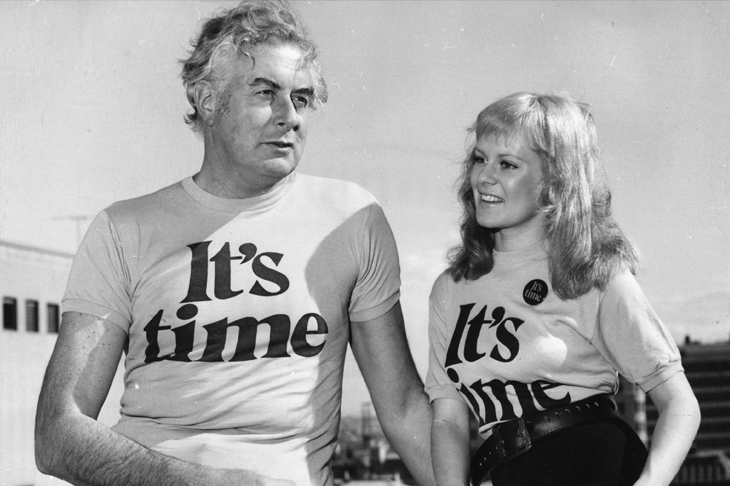
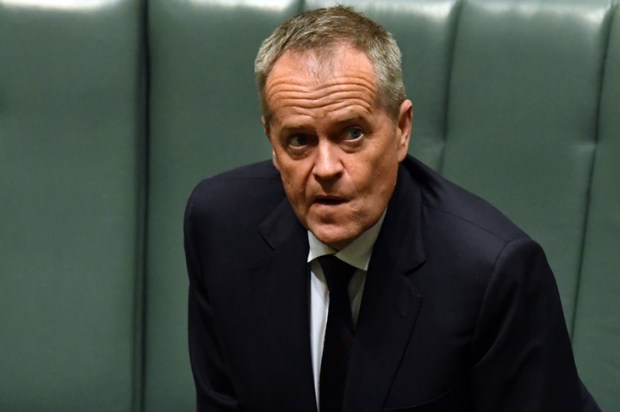
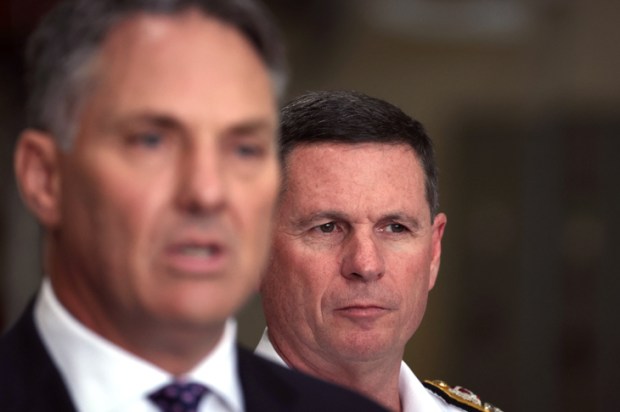
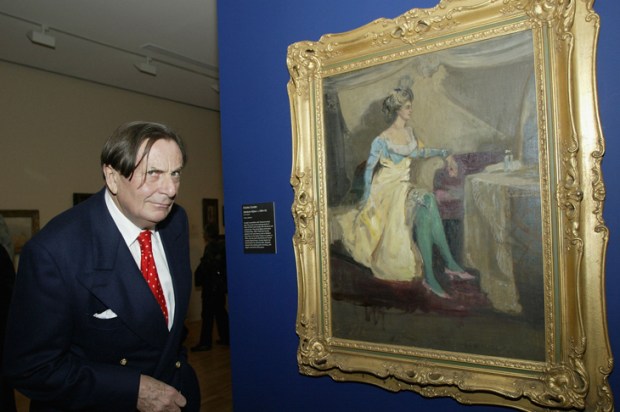


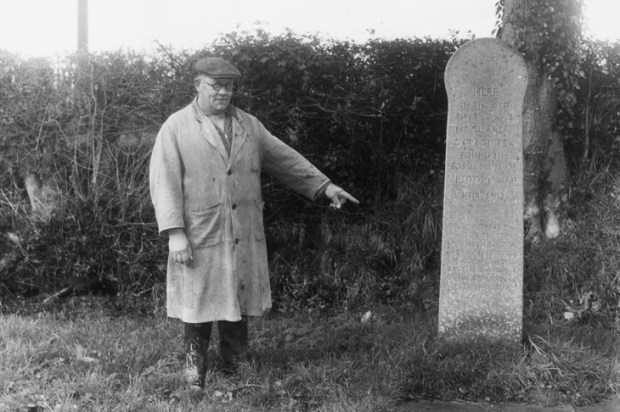






Comments
Don't miss out
Join the conversation with other Spectator Australia readers. Subscribe to leave a comment.
SUBSCRIBEAlready a subscriber? Log in